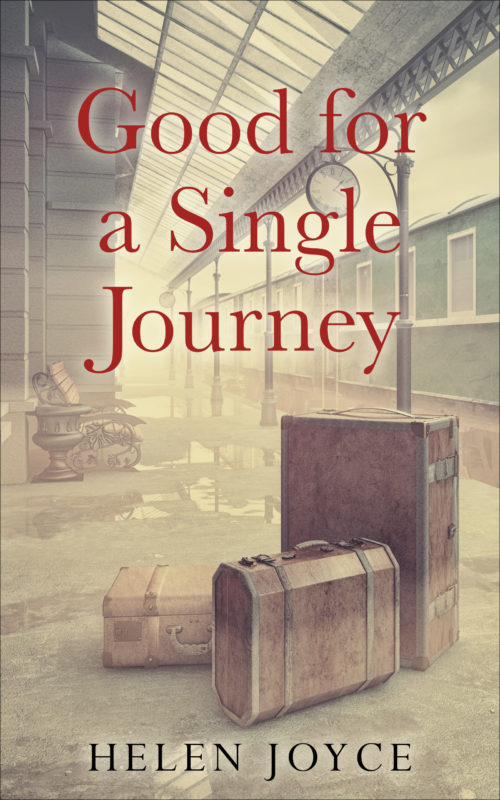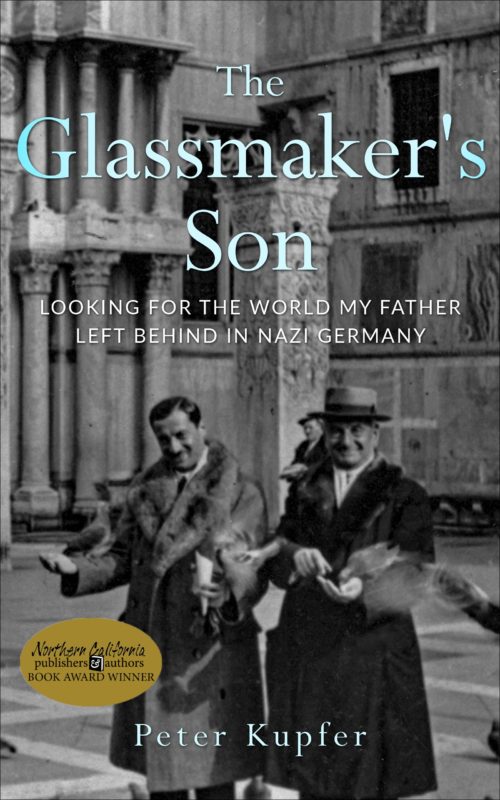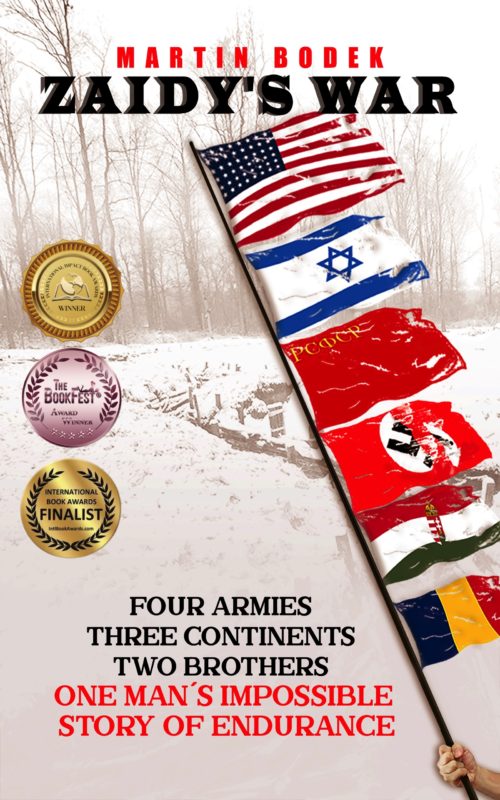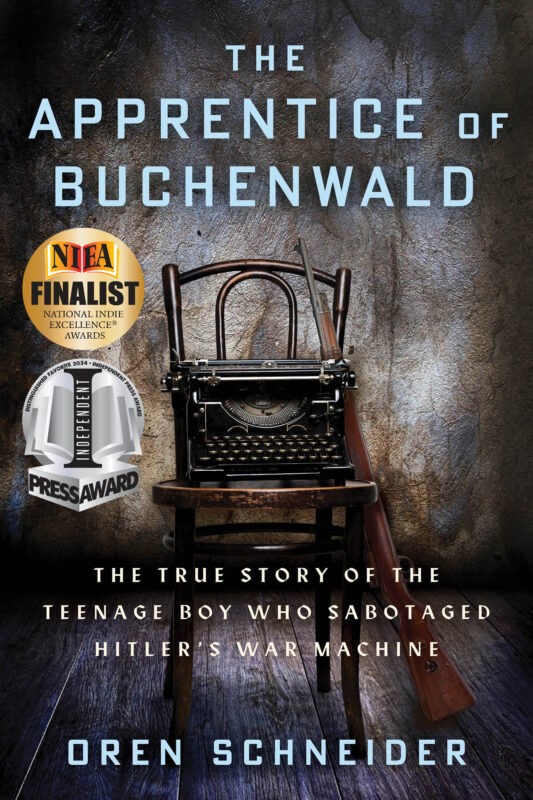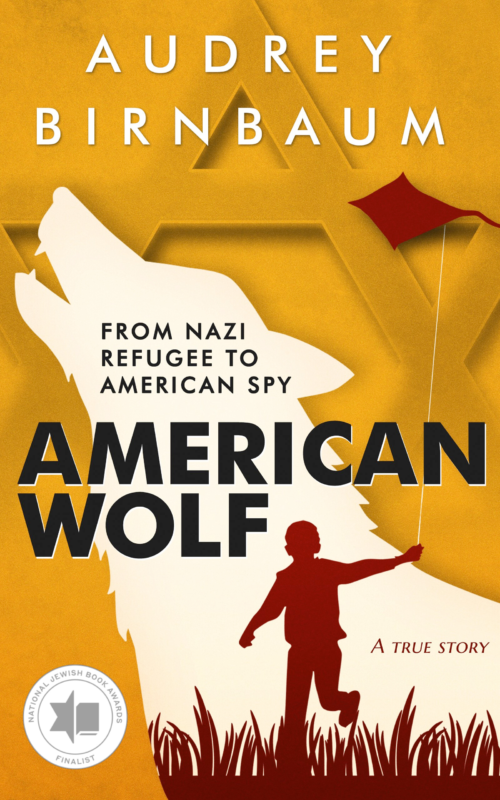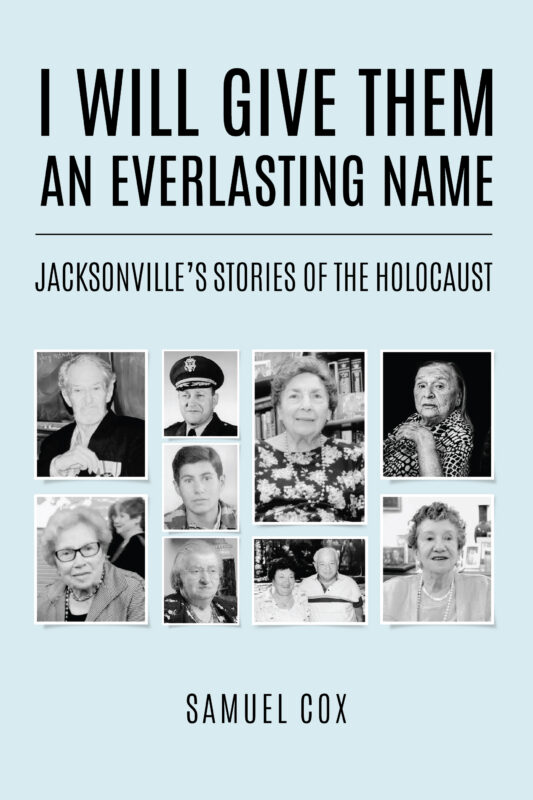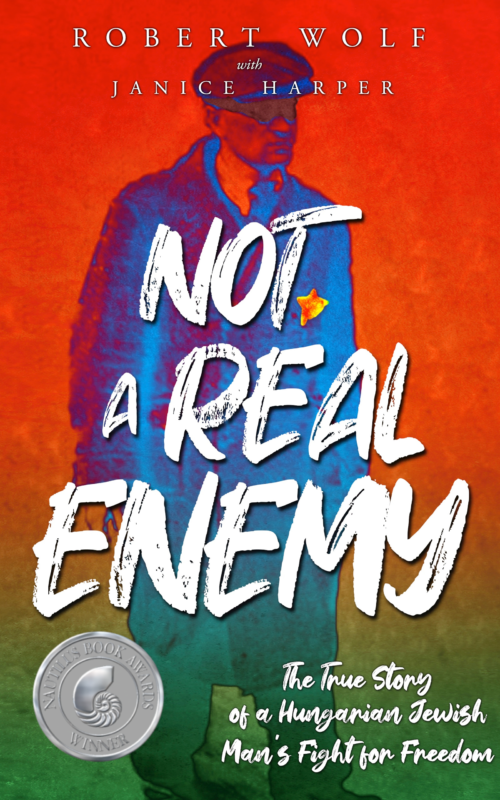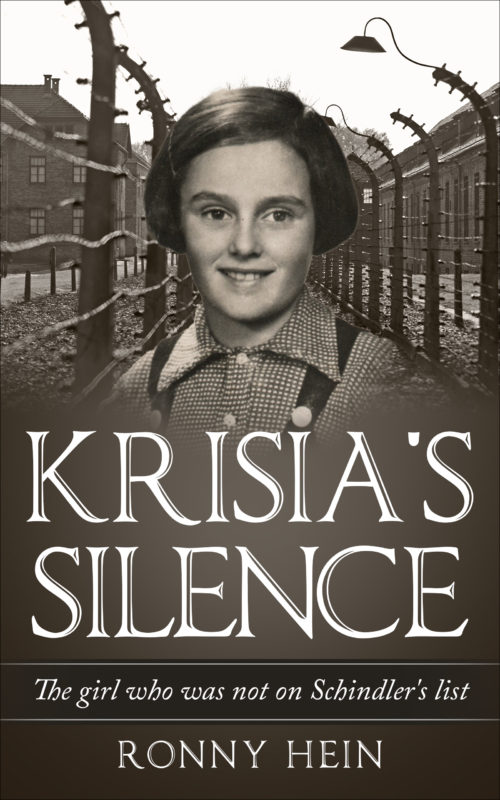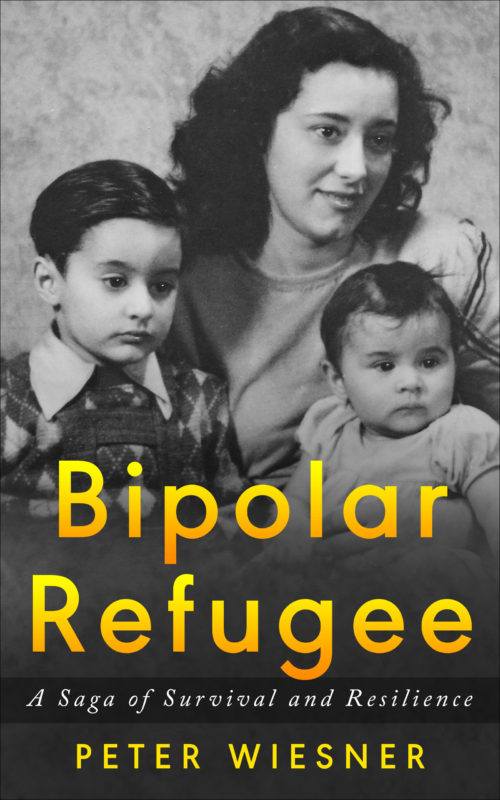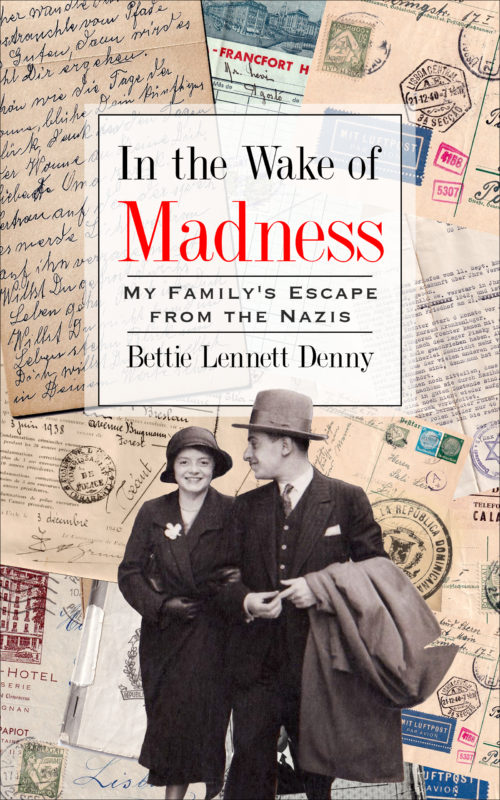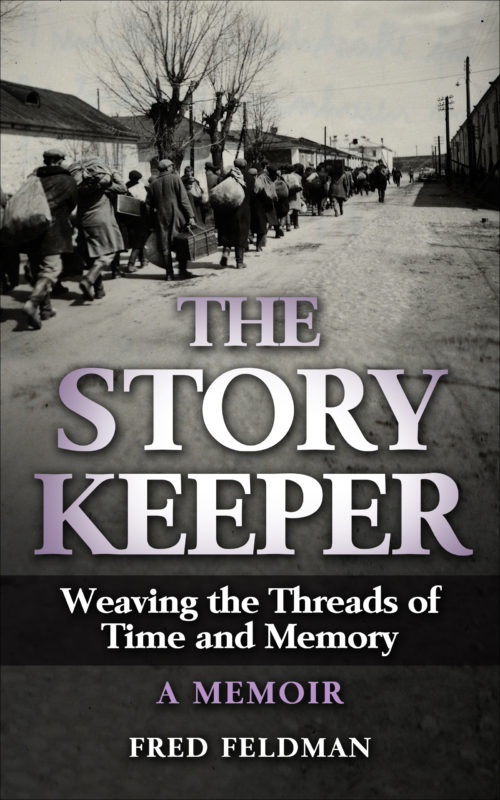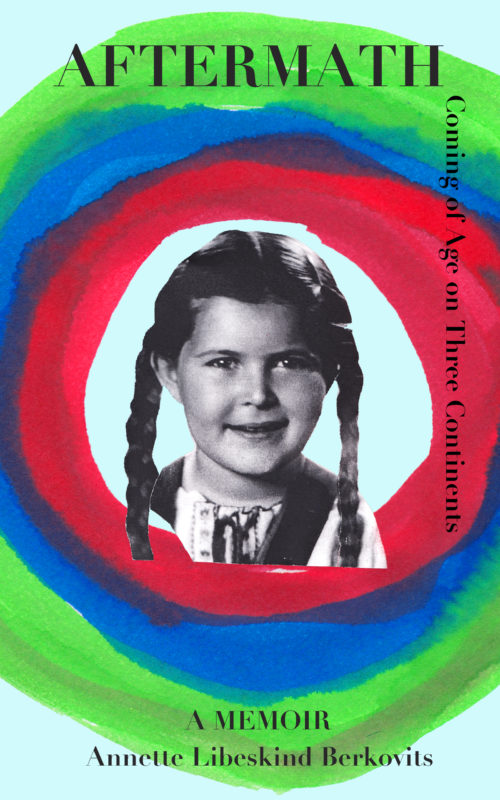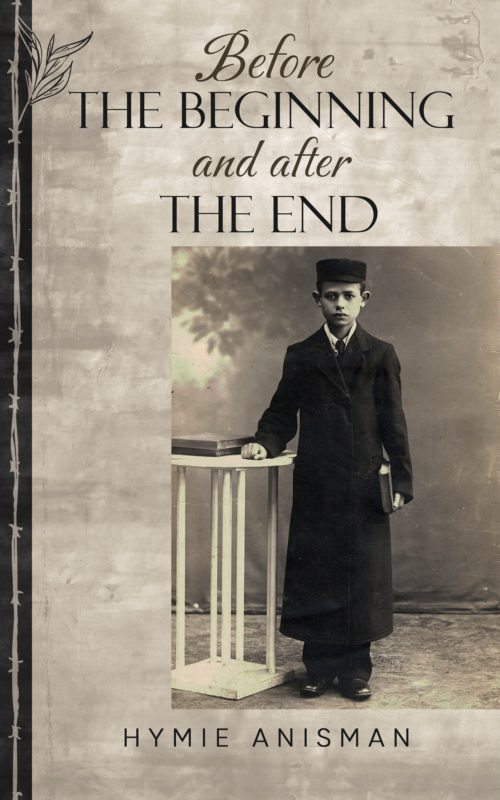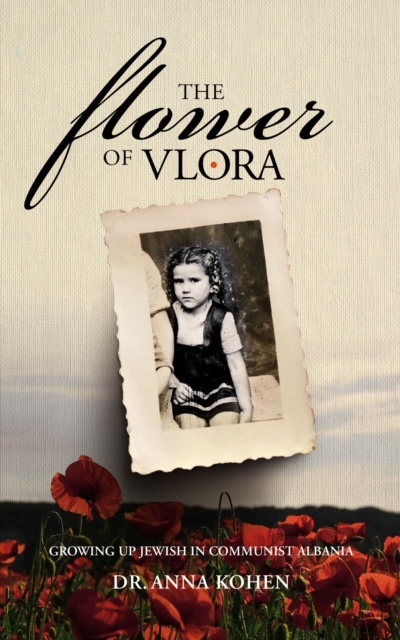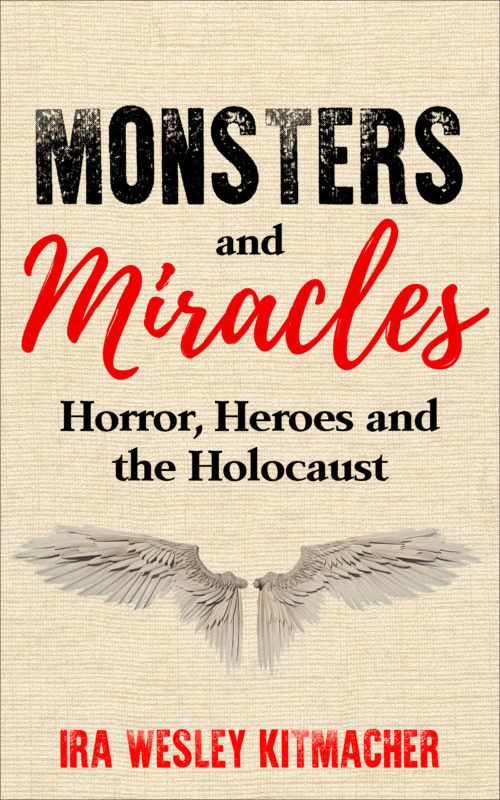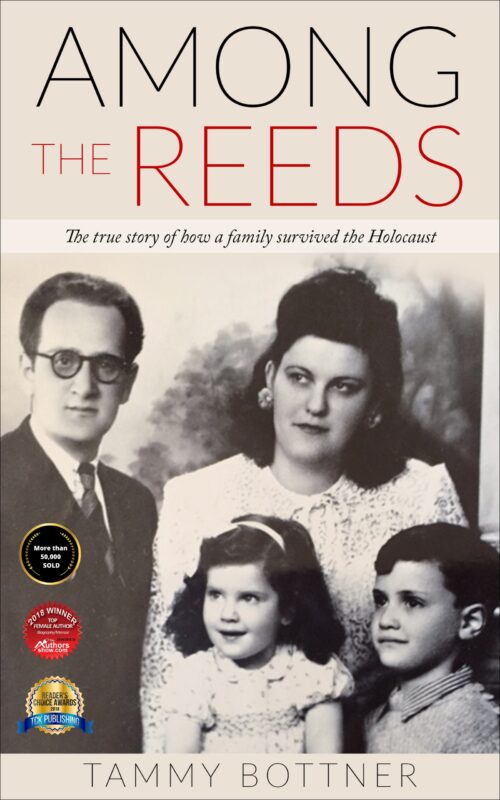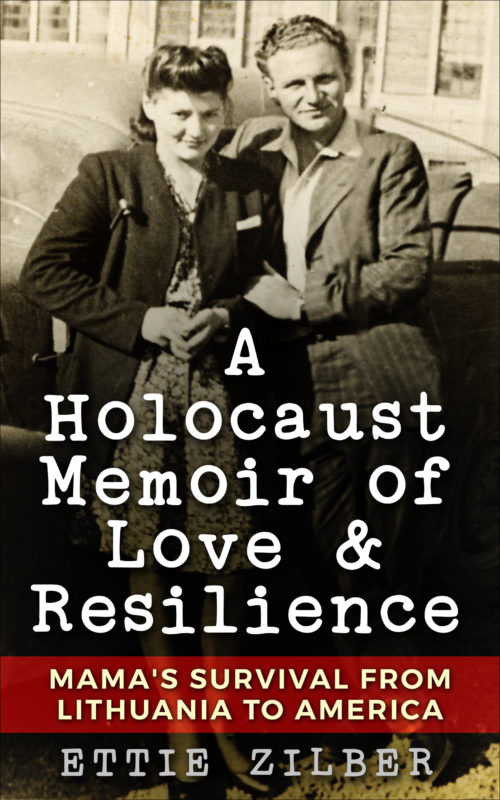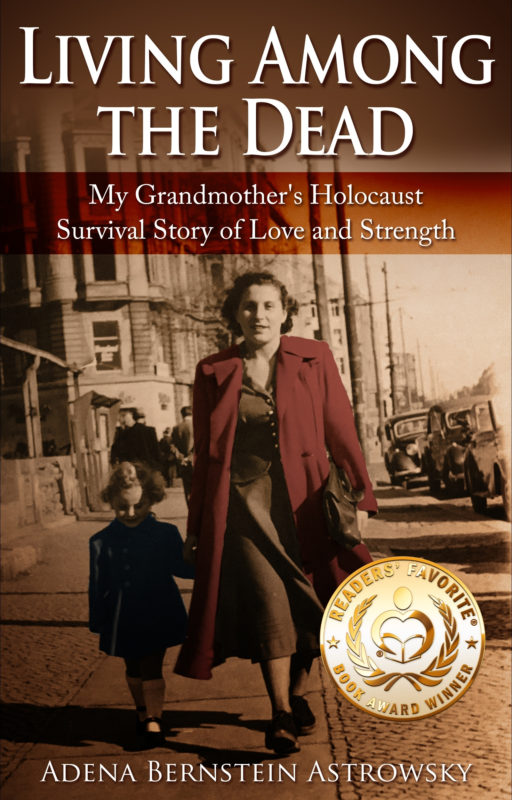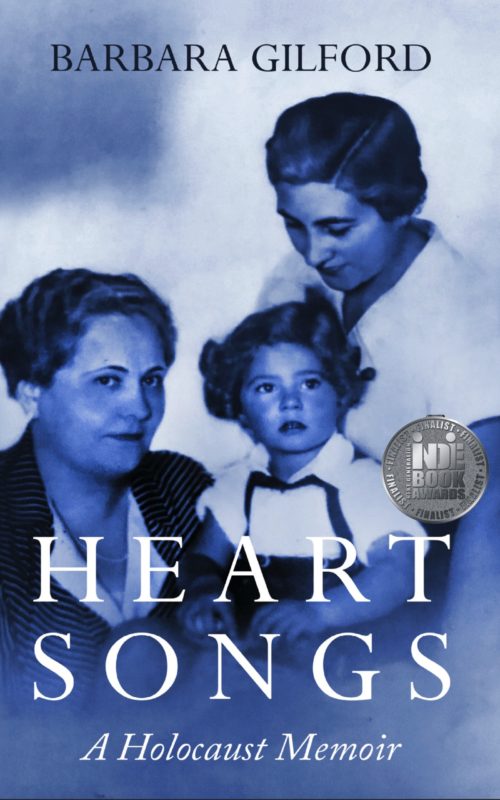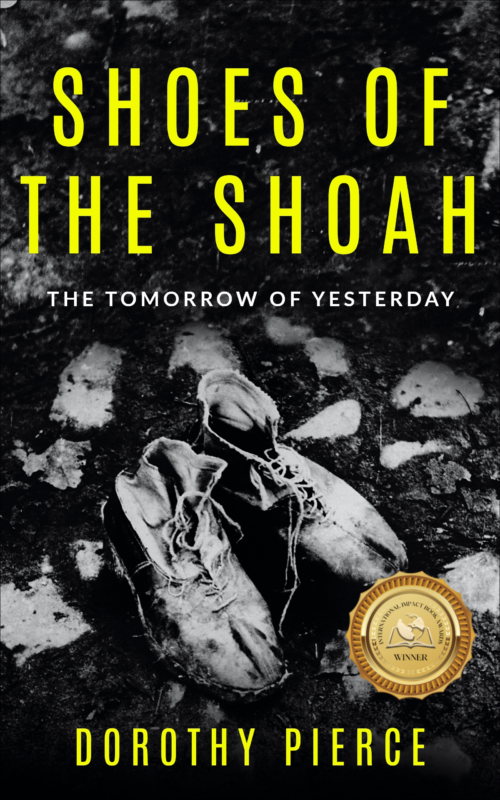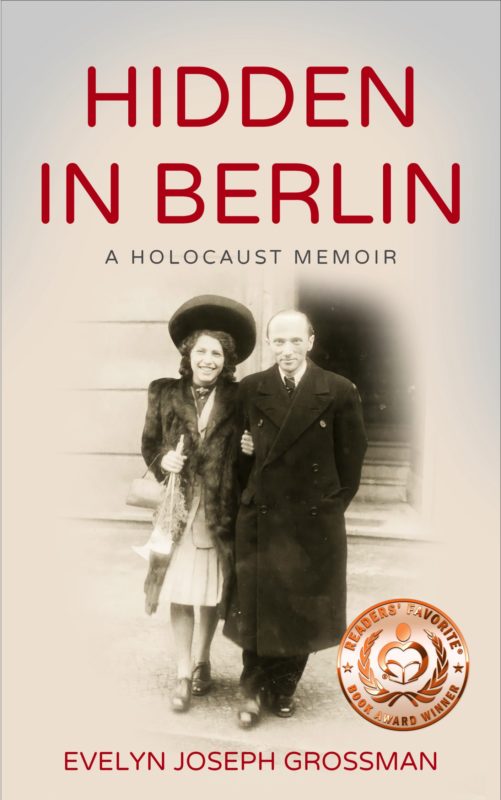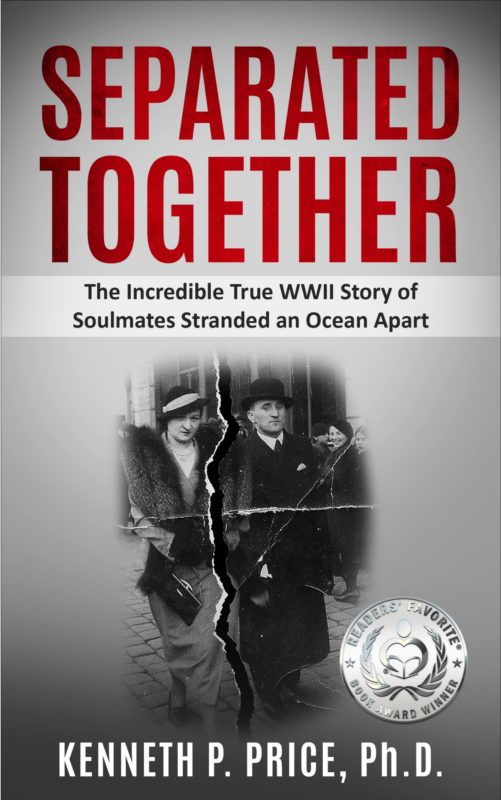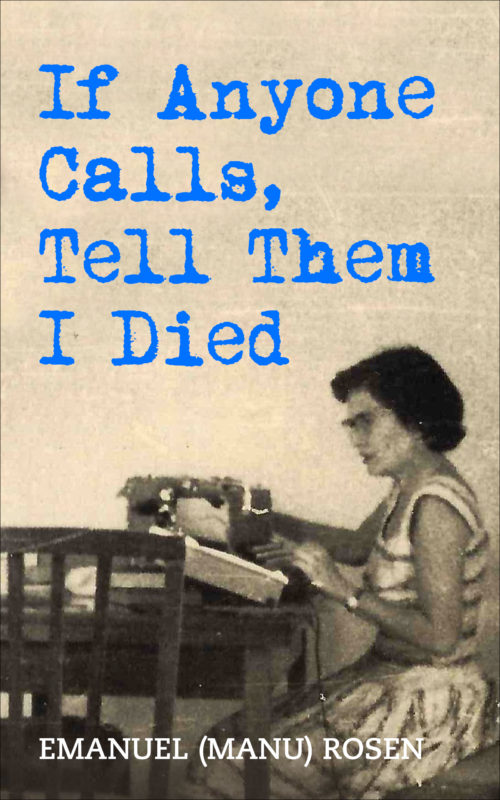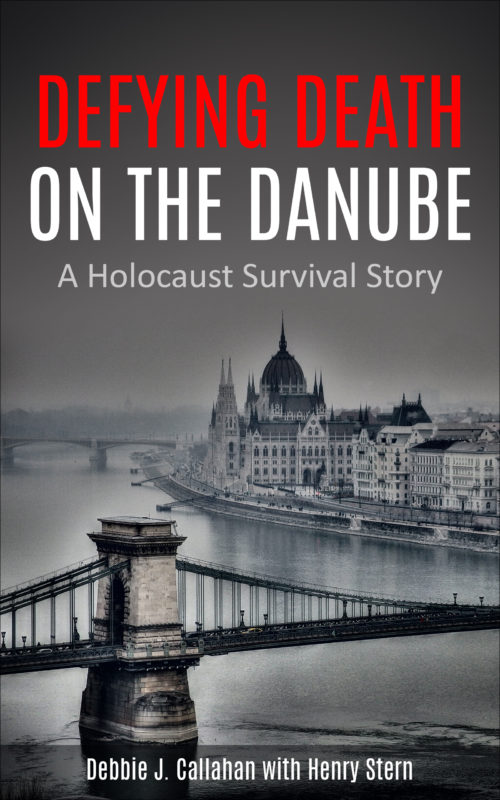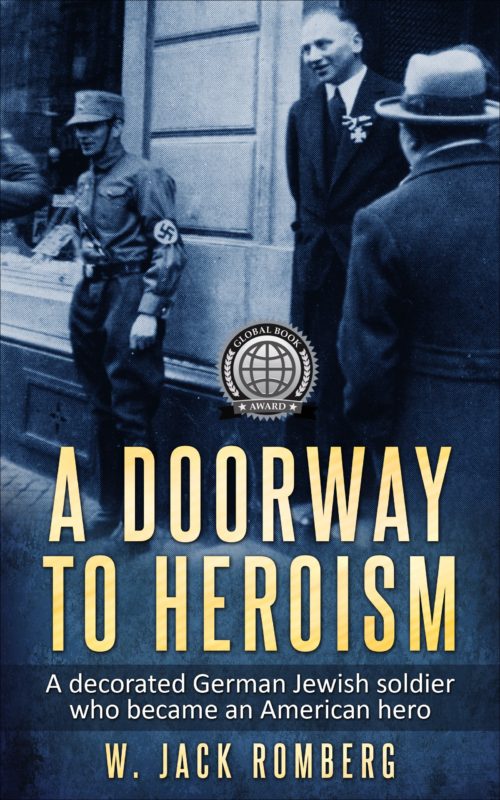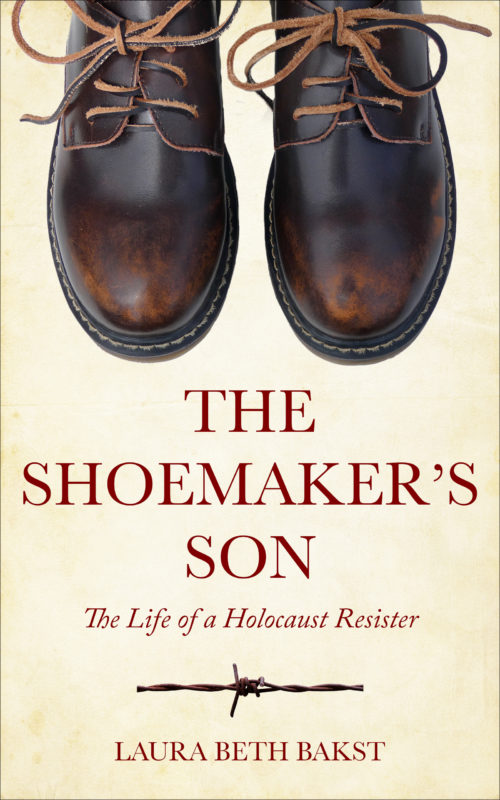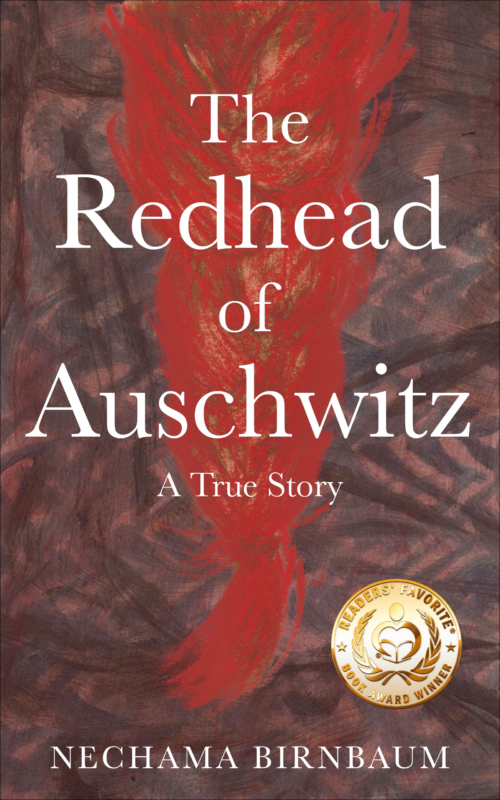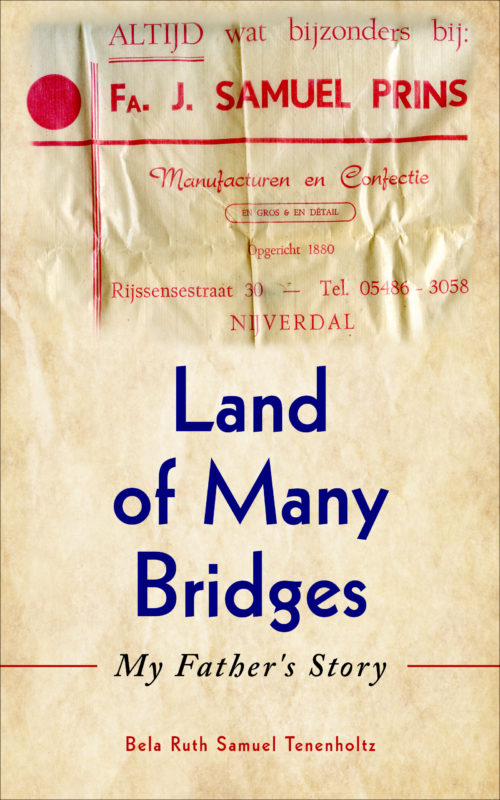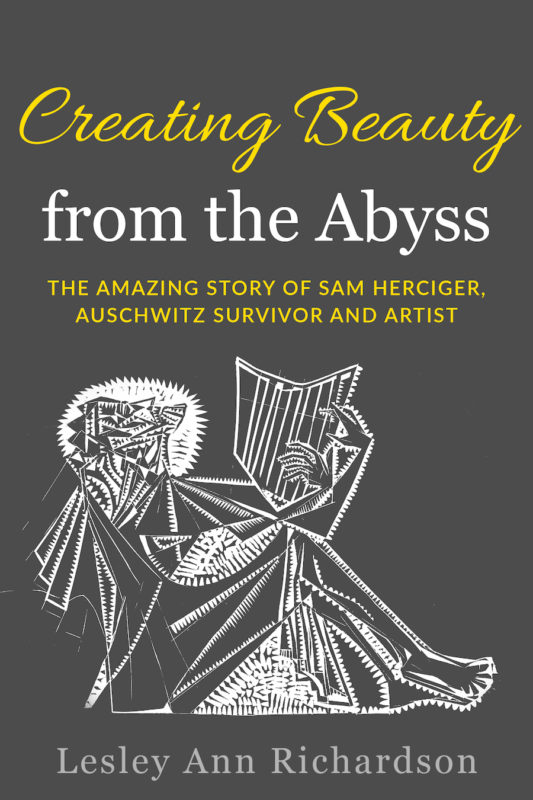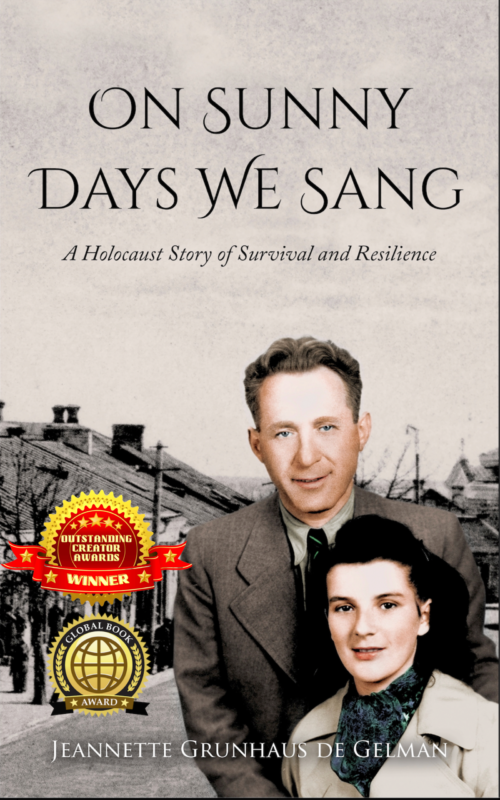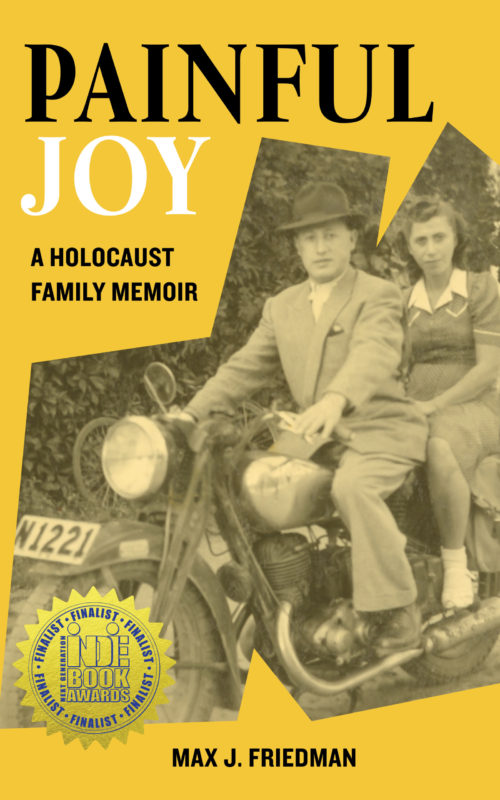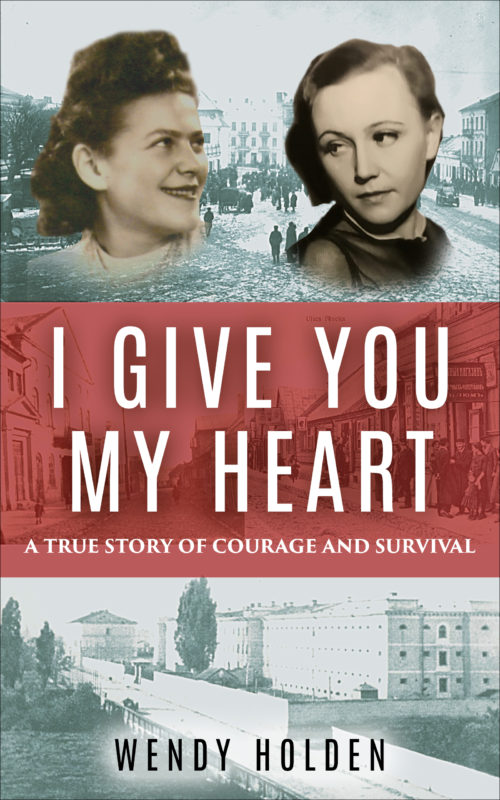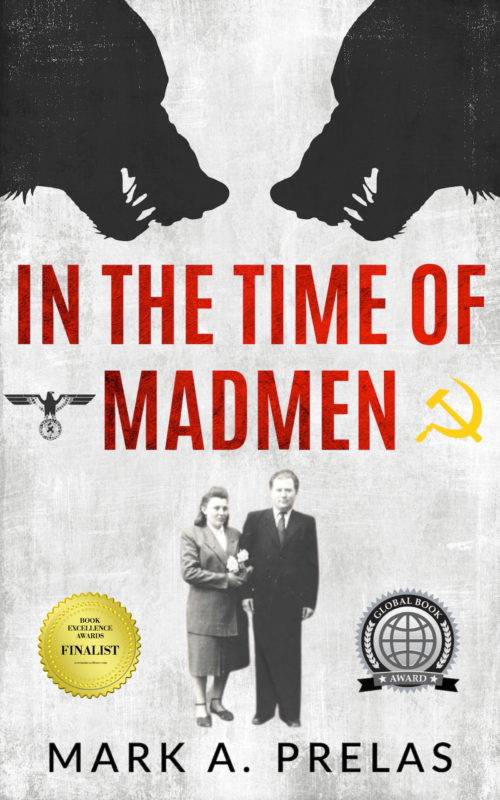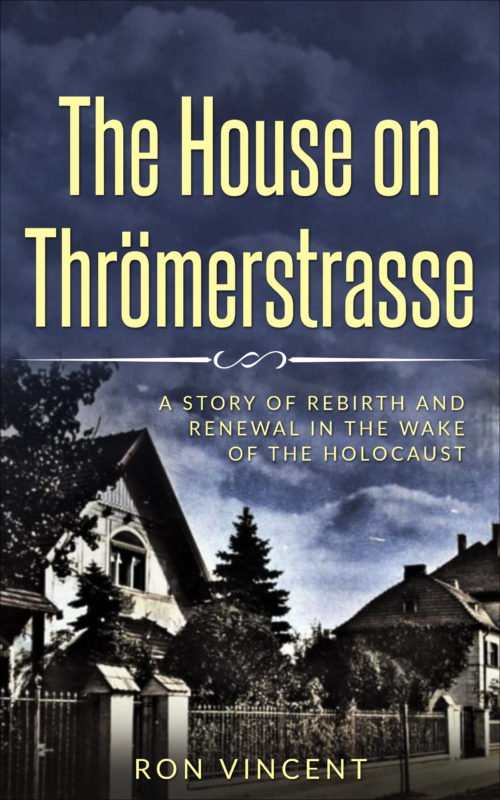
A Story of Rebirth and Renewal in the Wake of the Holocaust
The House on Thrömerstrasse immerses the reader in the lives and times of one Jewish family over a period of almost 100 years, and does so through a narrative that is both spellbound and exhaustively researched.
Louis and Jenni Böhm were a middle-class Jewish couple who established a thriving business and raised a family in a small country town in Upper Silesia in 1885. The book follows the fortunes of the family over a period of 70 years, during which their peaceful and prosperous existence is gradually eroded as they are forced to suffer increasing humiliation and ostracisation under the Nazi regime imposed on pre-war Germany by Adolf Hitler. The more fortunate members of the family manage to escape to freedom in the UK, USA, Shanghai, Palestine, Peru and Australia, but a horrific fate awaits those left behind as they suffer the indignity of being arrested as pariahs and sent to their deaths in Auschwitz and Theresienstadt during the Holocaust.
The end of WWII sees the destruction of their homeland, the total obliteration of every trace of their former life and the expulsion of all remaining Germans as this part of Germany is handed over to Poland in 1945. But, for the surviving members of the Böhm family, this is not the end but the beginning of an era of renewal hope as the second and third generations of this remarkable family build a new life founded firmly on those values and aspirations first instilled in them by Louis and Jenni.





